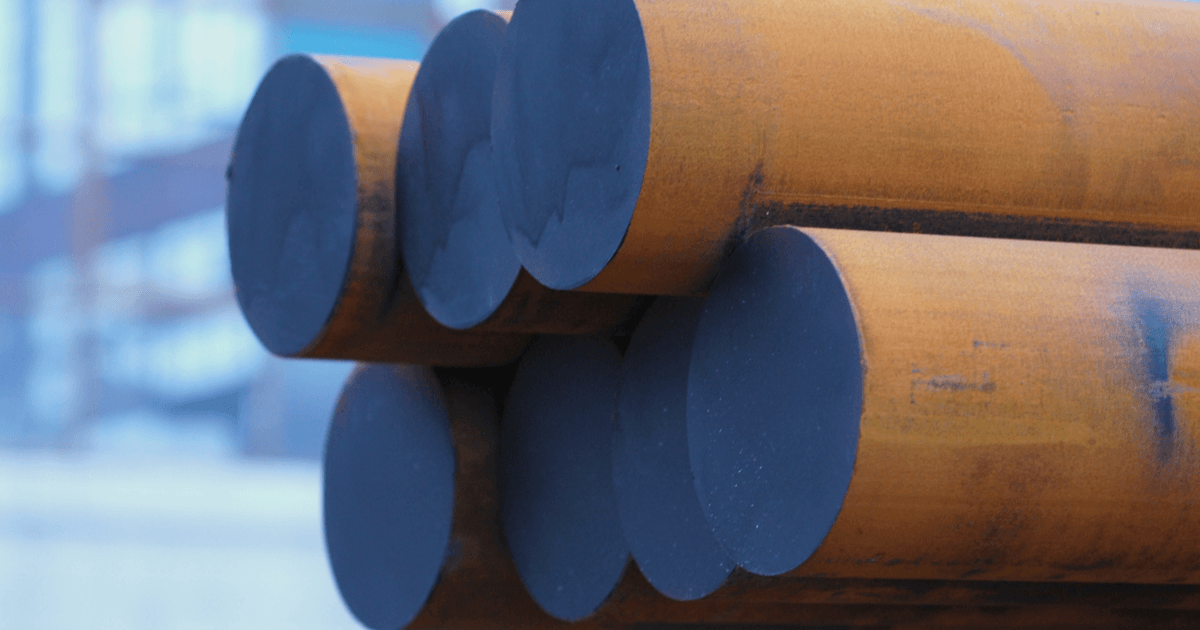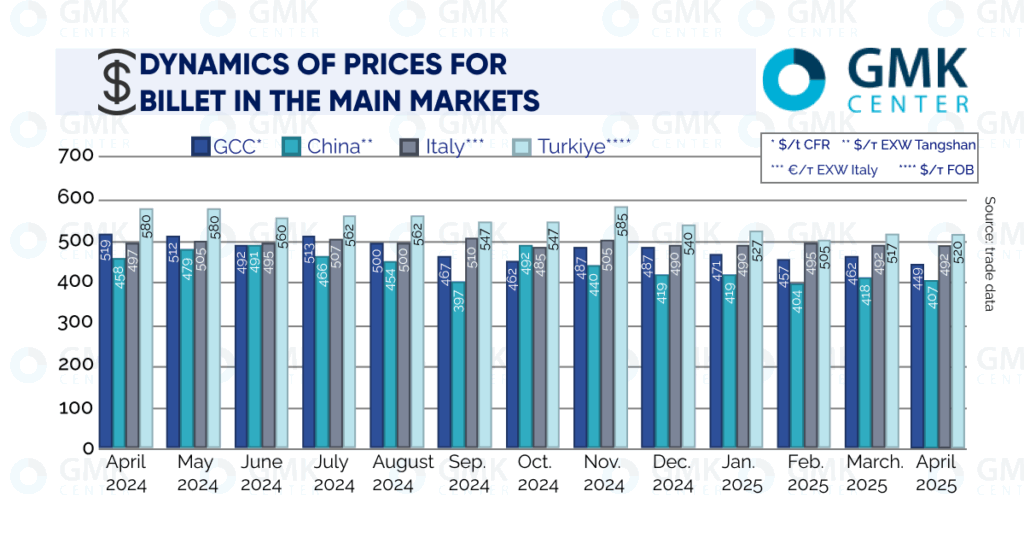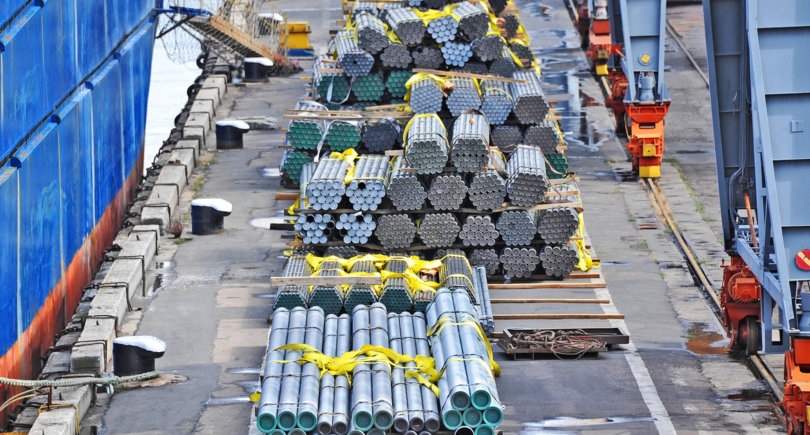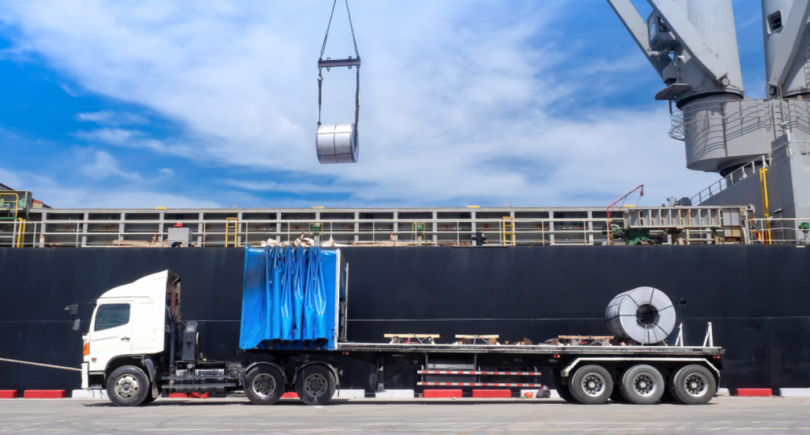
News Global Market semis prices 2214 19 April 2025
Plants refrain from shutting down completely, hoping for an improvement in the situation
In the first half of April, bids for commercial billets in the Gulf Council countries decreased by $11/t to $449/t CFR as of April 18. According to Kallanish, this week a number of mills in Saudi Arabia were forced to sell billets at $520/t EXW.
At the same time, the estimated breakeven level for them is $533/t EXW, taking into account the cost of scrap and its processing. A representative of one of the companies explained that in the event of a temporary production shutdown, losses would be even higher due to the cost of restarting the equipment.
In the southern European region, billet prices fell by €3/t in the first half of April to €492/t EXW as of April 18. As in the Gulf Council countries, this is due to lower rebar prices. Re-rollers are refusing to purchase billets at March prices, and producers are forced to make concessions.

In the first half of the month, steel billets in China lost $11/t in price. As of April 12, offers from the mills fell to $407/t EXW. Warehouse stocks of billets in Tangshan last week decreased by 67.9 thousand tons to 731.2 thousand tons by April 14. This creates the preconditions for a price increase this week.
However, this factor is offset by the build-up of rebar stocks by producers, indicating weak demand for finished products.
Under these conditions, re-rolling mills in the Middle East region prefer to import billets from Southeast Asia. In particular, Kallanish has received confirmation of large shipments from China and Indonesia.
In Turkey, billet prices in the first half of April decreased by $10/t to $520/t EXW as of April 11. Local rebar producers are in no hurry to replenish their billets in the face of weak demand from construction companies, waiting for further price declines. Imports from Southeast Asia are also preferred if necessary.
As previously reported, electricity tariffs in Oman have increased by 33% during peak hours since April. The increased tariff will be in effect until the end of July to prioritize energy supply to households during the hot season.
It was expected that under these conditions, the cost of rebar in the Middle East region would increase due to reduced capacity utilization. In turn, this would have allowed billet producers to raise prices. However, it is now clear that in the face of weak demand for rebar, limiting its production can only stabilize steel prices at best.




